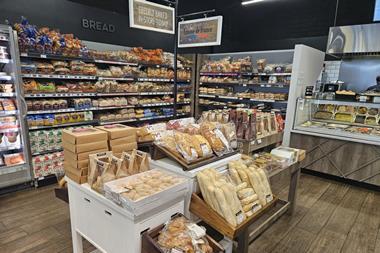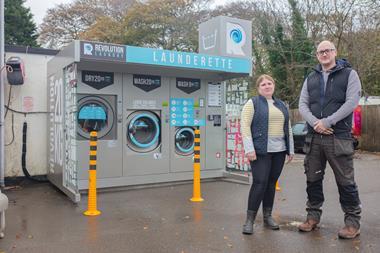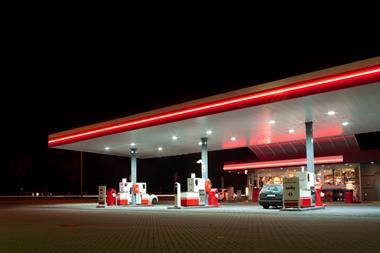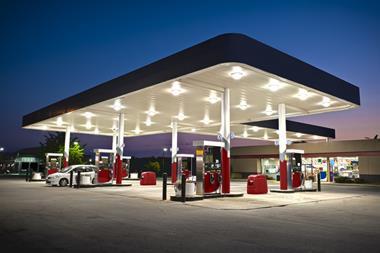Even more epos teething troubles
A new whizz-bang bit of kit really won’t do it for you if you are unlucky enough to get the apparently duff one... the one where the teething troubles are such that they add up to a new set of dentures. So unhappily I have to report that, following the two complaints I recounted in the March and April issues regarding TLM’s evoPOS system, I’ve now had a third.
Manoj Agnihotri had the system installed in March. He complained of tills and credit cards freezing, a pump out of action for nearly a week and tank gauges on the POS not responding to live readings.
TLM responded to each of the points I relayed to them from the retailer in a very thorough fashion. Some of the glitches were not down to TLM but caused by interaction with other systems such as POS/EFTlink or issues between the DOMS box and Veeder-Root gauging system. (And if you fully understood that last sentence you’re a better man than I am, although in fairness to TLM they tried to keep their responses as non-technical and jargon-free as possible.)
Paul Muncey, group sales and marketing director, says: "It is always difficult in these situations to separate flaws in the software from user error, other connected services and other environmental factors which do play their part separately and sometimes collectively, making it more frustrating for the customer.
"We are acutely aware that this is the third complaint brought to you about evoPOS. While it might sound sensational when retailers are complaining about a new software product like evoPOS, we do think it’s important to keep this in balance and perspective.
"We have deployed evoPOS at 259 sites now with another 300-plus in the pipeline, and an order book stretching into July and August. As we have said to you previously, there will always be hitches with any new software as despite tireless testing there is no substitute for operation in the real world. Every software company regularly releases bug fixes and patches precisely to remedy these things as they are discovered." (I can certainly attest to that I’ve had complaints about others.)
He adds: "Our response is no different and new releases of the software are being shared every few weeks. That said, three complaints from 259 deployments to date, equates to 1% of deployments being dissatisfied, and whilst that is 1% too many as far as TLM are concerned, it gives a more realistic view of complainants. Furthermore, we have lots of glowing testimonials from customers who are exceptionally pleased with the product and their decision to install evoPOS."
Just a few days later Steve Cunningham emailed from Westend Filling Station, Dingwall, Scotland, to complain about "the most unsatisfactory level of service we are receiving from TLM" after he had bought and paid for an upgraded pc for the back office.
Again I relayed this to the company and, following a reminder, all the issues had been addressed and sorted.
Again I got a lengthy response from Paul Muncey, and Steve is now happy with the result but adds: "From my point of view the biggest problem was a lack of communication."
When fee-paying ATMs affect footfall
In the last issue I brought you a rant about the one-sided CashZone contract where indies are being switched from free-to-use ATMs to charging ones, while the chains are being left alone. I also carried a moan about the Co-op and its unfair advantage over its Nisa customers following its takeover of the group. This issue, I bring you both together.
An anonymous retailer, who operates two ATMs on his forecourt, writes: "One is self-fill the unit they are trying to change now, the other CashZone fills. The other transferred to fee charging six weeks ago. The net effect has been a 60% drop in transactions, which impacts on my customer footfall. Following the change I noted a 25% increase in my own ATM transactions due to it being free-to-use, but now I forecast a 60% loss of transactions in-store and a movement of customers away from my store due to limited/expensive access to cash. Once again Nisa ’partners’ are being stuffed by the Coop."
However, the Co-op said it faced similar challenges with lower-transaction ATMs but decided to keep them free-to-use and manage the extra cost internally.

































No comments yet